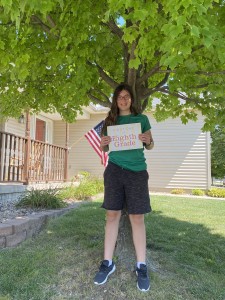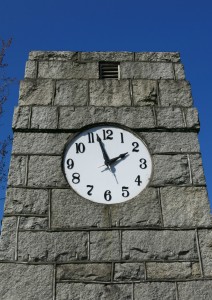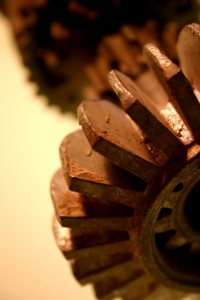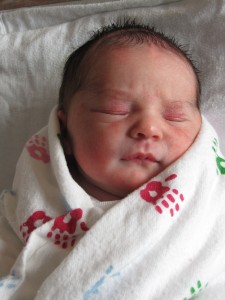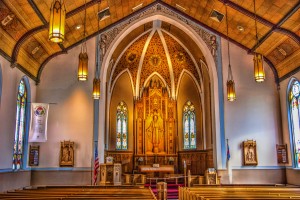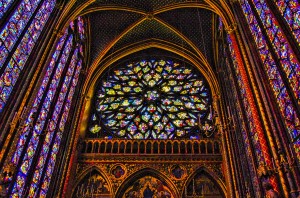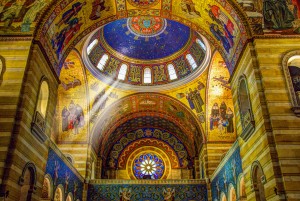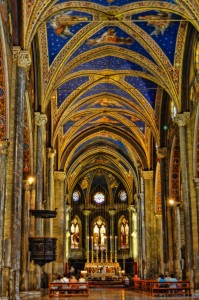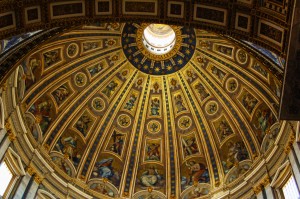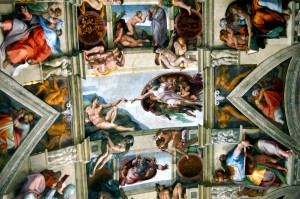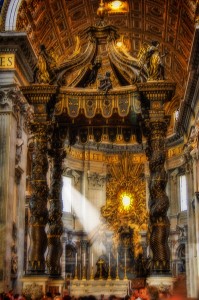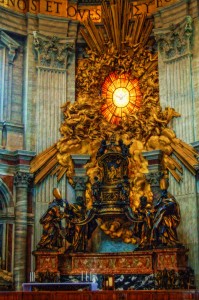Here we are again, at the start of another school year.
Most of the schools in our area began last week.
We actually launched into school four weeks ago, but that is another story.
In our home, this is the time when the lazy days of summer come to a close and the busier school days begin to ramp up.
It is the time when we look toward the year ahead, consider which activities we want to participate in, think about how busy we want to be.
That is, when we are at our best we take in all of these considerations. Too often we merely fall into all the activities because our kids want to do them, because they sound fun, because a friend is already doing them.
Even if you do not have children at home, it is often easier to thoughtlessly agree to the busyness than to take time to reflect on what would be the wisest use of time.
Easier in the short term, that is.
Time is an odd notion.
We even speak of time in an odd way.
One saying that comes to mind is “killing time.”
Such a sinister phrase.
The time you are killing is, of course, your own time, and we are given precious little of it as it is.
It seems that our default, the default of a great many people in this world, is to simply get through our lives, killing time, living on the surface of things.
It takes such enormous effort to break through the outer crust and into the very depth and marrow of life. We wonder whether it is worth it.
So many of us
are so bad at hearing each other and seeing each other that it is little wonder that one life seems enough to them or more than enough: seeing so little in this world, they think that there is little to see and that they have seen most of it already so that the rest probably is not worth seeing anyway and there is nothing new under the sun. ~ Frederick Buechner in The Hungering Dark
Yet with only a small amount of effort, we can break through the surface of things into the beauty and joy that lies just below the outer crust of indifference.
With only a small amount of waking up, of paying attention, we can open our eyes to the wonder and variety that lies in the people and places all around us. Especially in the people and places most dear to us.
We often look for ways to make the days go by faster, wishing the years to pass quickly in order to move on to some other phase of life, while we completely miss all the joy, beauty, and wonder in which God has placed us.
This missing out on all that God has waiting for us is the danger in our busyness, the danger in merely falling carelessly into all the activities rather than choosing deliberately and wisely.
You often hear the advice that if you keep busy, it will be over before you know it, and the tragedy of it is that it is true. ~ Frederick Buechner
Art credits: World Time by rizeli53; Clock Tower by Miriam Wickett; Ornate Clock by Kevin Tuck




